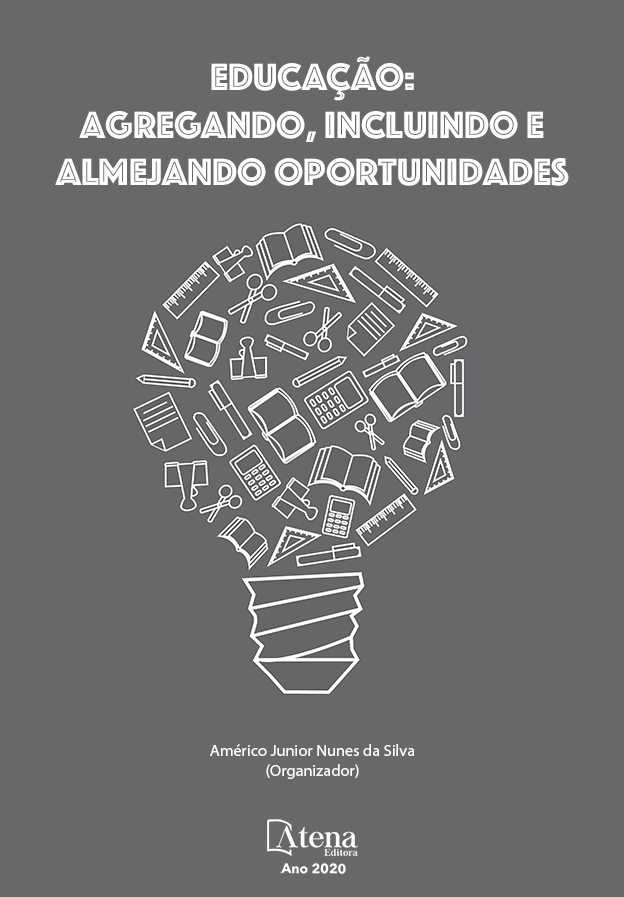
HISTÓRIAS EM QUADRINHOS NA SALA DE AULA: PERSPECTIVAS PARA LEITURA E PRODUÇÃO DE TEXTO
As aulas de Língua Portuguesa tornam-se, embora não se restrinja apenas a esta disciplina, as responsáveis pelo aprimoramento da proficiência de leitura e de escrita do aluno em sala de aula. Nesse sentido, o presente artigo tem por objetivo apresentar uma proposta de ensino de língua portuguesa assentado no estudo de gêneros discursivos/textuais por meio da aplicação de uma sequência didática (SD). Por conseguinte, os procedimentos metodológicos estabelecem-se na proposta de SD para o uso das histórias em quadrinhos em sala de aula, ancorada em Dolz, Noverraz e Schneuwly (2004). Os resultados obtidos permitiram comprovar que entre os alunos do 6º ano do ensino fundamental, além da aceitabilidade pela exploração do gênero abordado, ratificou-se que o fomento à leitura e à produção de escrita de forma prazerosa gerou nos alunos a produção criativa, que contribuiu para o professor repensar e reelaborar as atividades orais e escritas de linguagem. O referencial teórico norteador fundamentou-se em Antunes (2010), Bakhtin (2003), Marcuschi (2008) e Mendonça (2010), além dos documentos oficiais Parâmetros Curriculares – PCN (2000) e Base Nacional Comum Curricular – BNCC (2017).
HISTÓRIAS EM QUADRINHOS NA SALA DE AULA: PERSPECTIVAS PARA LEITURA E PRODUÇÃO DE TEXTO
-
DOI: 10.22533/at.ed.1842025095
-
Palavras-chave: Leitura. Produção textual. Sequência Didática. Histórias em quadrinhos.
-
Keywords: Reading. Text production. Following teaching. Comics.
-
Abstract:
The Portuguese language classes become, although not restricted to this discipline, those responsible for improving the student's reading and writing proficiency in the classroom. In this sense, the present article aims to present a proposal for teaching Portuguese language based on the study of discursive / textual genres through the application of a didactic sequence (SD). Therefore, the methodological procedures are established in the didactic sequence proposal for the use of comic books in the classroom, anchored in Dolz, Noverraz and Schneuwly (2004). The results obtained showed that among students in the 6th year of elementary school, in addition to accepting the exploration of the genre covered, it was confirmed that encouraging reading and writing production in a pleasant way generated in students the creative, production that contributed to the teacher rethink and rework the oral and written language activities. The guiding theoretical framework was based on Antunes (2010), Bakhtin (2003), Marcuschi (2008) and Mendonça (2010), in addition to the official documents Curriculum Parameters - PCN (2000) and Curricular Common Base - BNCC (2017).
-
Número de páginas: 12
- Mônica do Socorro de Jesus Chucre
- Tatiana da Conceição Gonçalves


